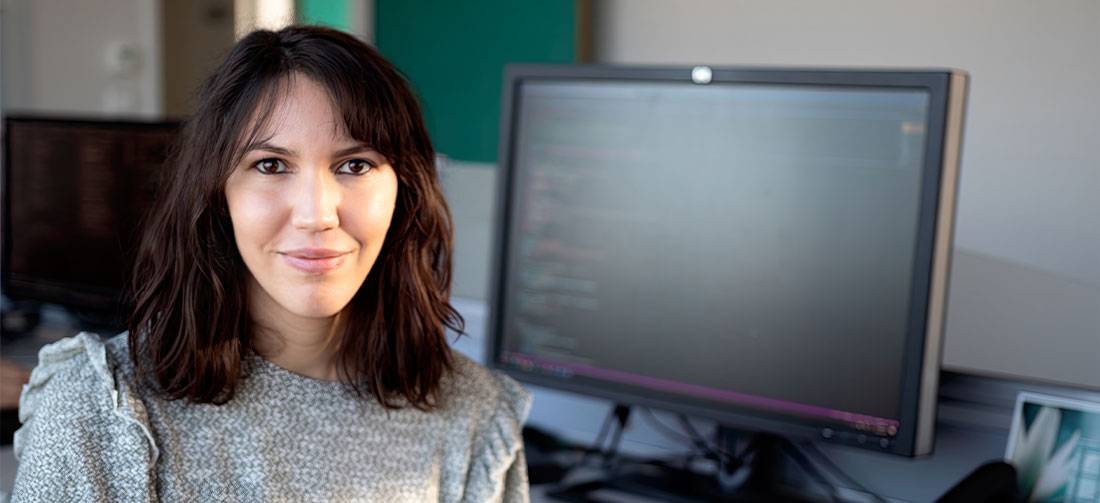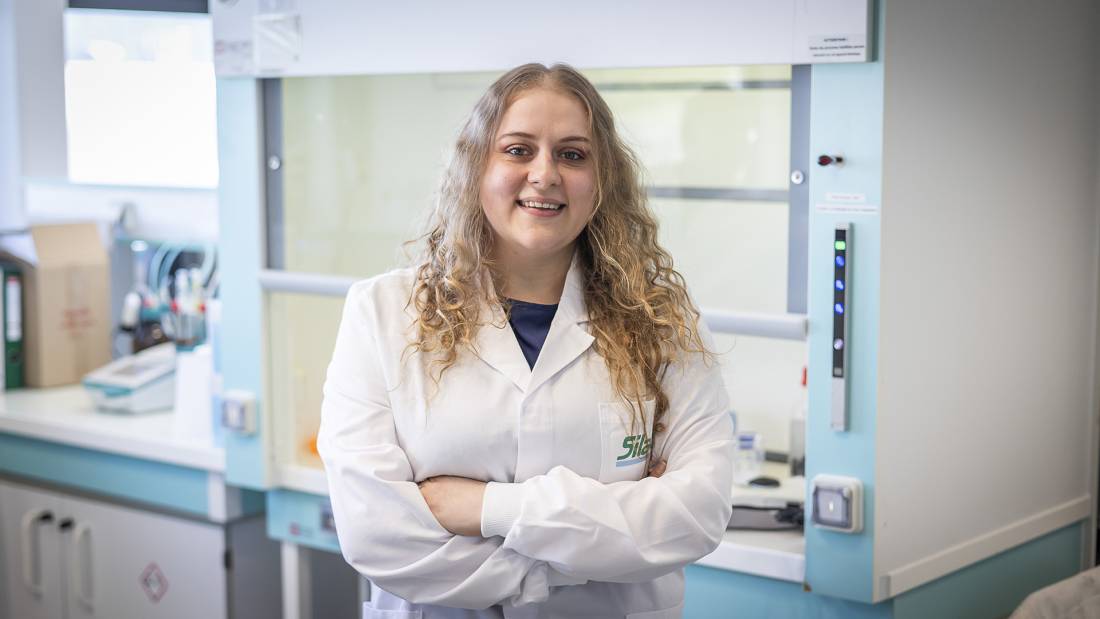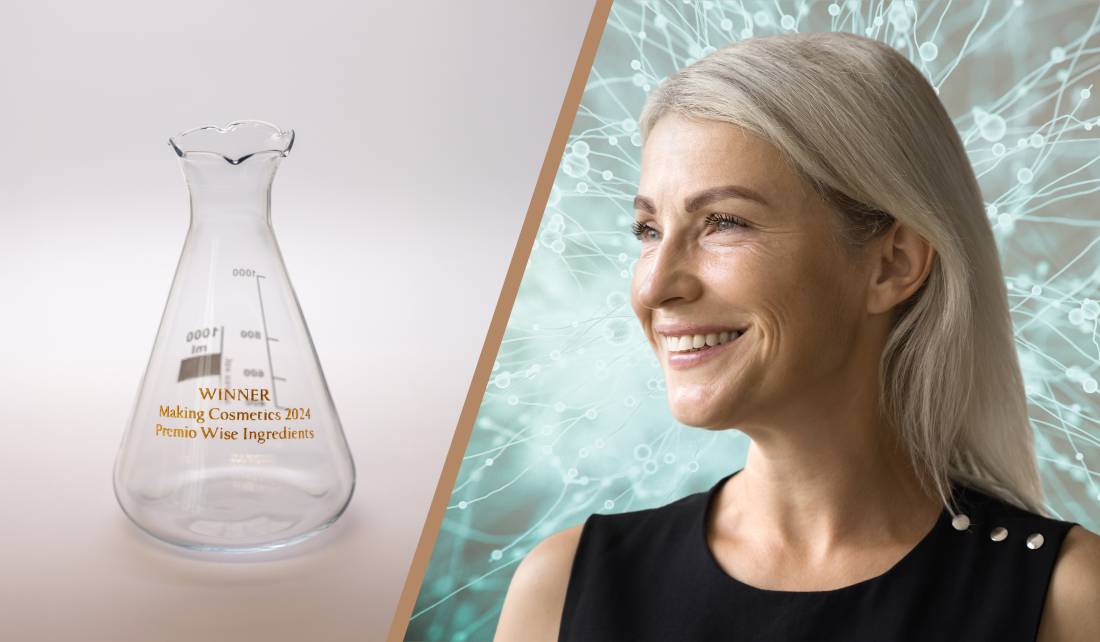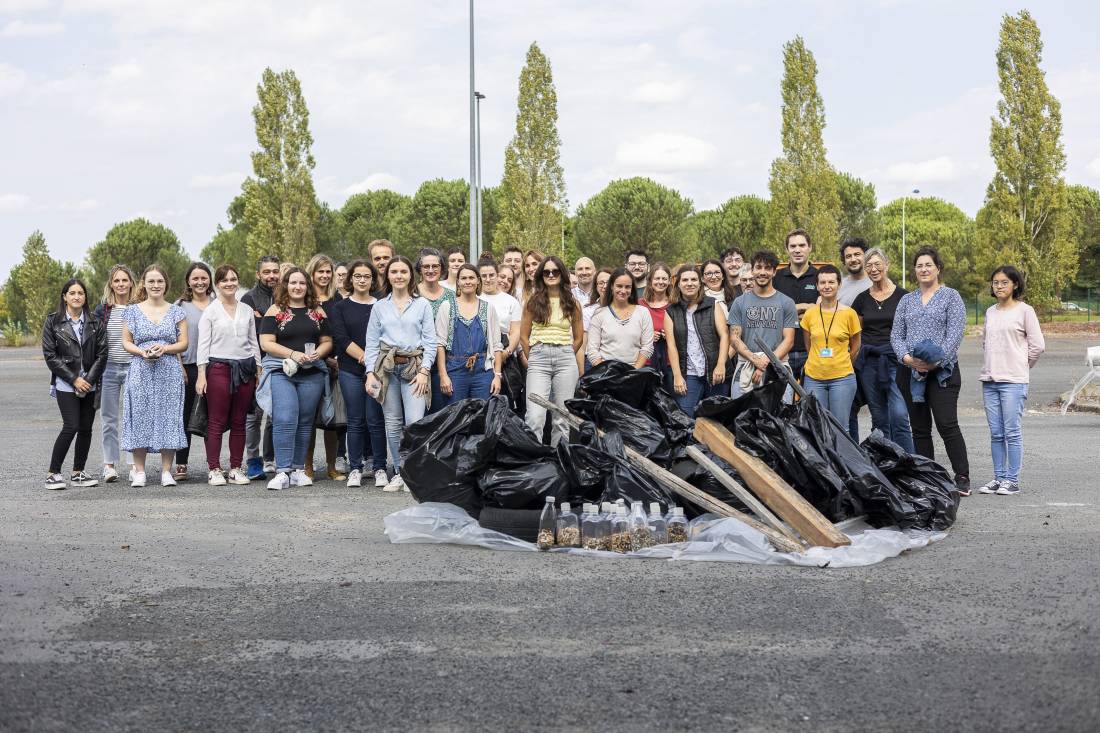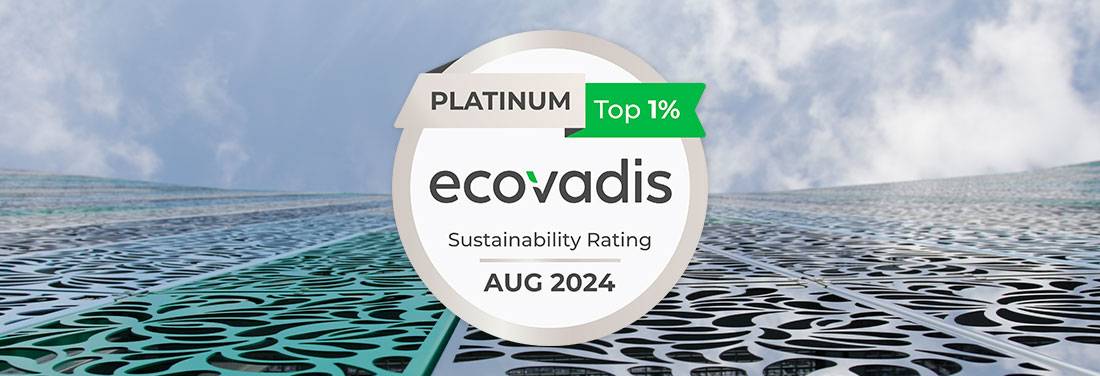According to the UNESCO, fewer than 30% of researchers throughout the world are women. At SILAB, women account for 55% of the total workforce and predominate in scientific domains: 75% in research and development and 80% in quality. Guided by a responsible social policy and strong human values, SILAB placed equality between women and men at the core of its commitments and makes it an integral part of its Actively Caring CSR program.
Three women of science have accepted to describe their career paths and their experiences: Sophie Gilardeau, Laure Migayron and Nathalie Solingeas.

Sophie Gilardeau, SILAB’s data science project manager since 2019
What was your career path?
After my master’s degree in neurosciences, I worked at the institute for brain and spinal cord in Paris, then at the cognitive neuroscience center in Lyon as an engineer. In the course of these professional experiences, I became very interested in statistics and programming. I pursued a master’s degree in data science that involved an internship in London that focused on artificial intelligence. After this, I joined SILAB as data science project manager where I developed algorithms to analyze data resulting from the work of R&D teams.
What do you like most about your profession?
The motivation I get from my job is being constantly challenged with new issues requiring me to create data processing tools to respond to them. I greatly appreciate the transversal nature of my profession because communication and sharing between teams is of utmost importance for finding solutions suited to each new project.
What advice can you give to a young woman who wants to pursue a scientific career?
Develop your curiosity, your analytical mind and your capacity to adapt. I believe that these skills are important for a scientific profession.
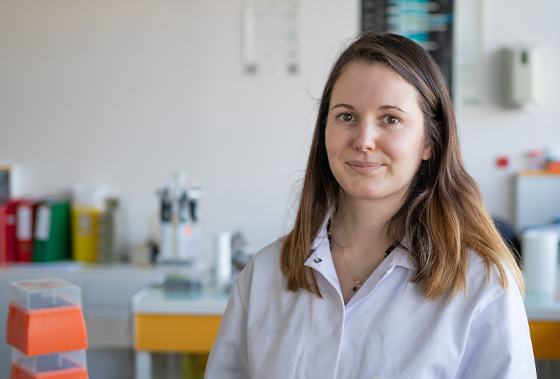
Laure Migayron, a doctoral candidate with CIFRE (industrial agreement of training through research) in collaboration with SILAB since 2019
What was your career path?
After a science baccalaureate, I obtained a B.S. in biology at the university of Bordeaux, becoming interested in immunology. The logical continuation was a master’s in immunology-microbiology research. During those two years, I completed two research internships in the immuno-dermatology laboratory of INSERM U1035 where I became interested in the skin by working on vitiligo (patches of depigmented skin). Then, I had the opportunity to continue working in the laboratory by beginning a CIFRE thesis in collaboration with SILAB.
Why do you work in science?
My profession is exciting. The thing I like most is constantly learning new things. When doing research, we evolve a little more every day, whether using new techniques or by scientific thought. I also appreciate the spirit of teamwork that is present in research. We never make progress by ourselves; it involves a constant exchange of knowledge.
What advice can you give to a young woman who wants to pursue a scientific career?
The advice I can give to a young woman wishing to pursue a career in the sciences is above all to not hesitate. Research is as much a man's world as a woman's, you must have confidence and forge ahead. The best way to alleviate any doubts you may have is to go and meet male and female scientists!

Nathalie Solingeas, cell biology technician with SILAB since 1995
What was your career path?
After a science baccalaureate, I obtained a BTS (diploma of advanced technician) in biochemistry. I started working at SILAB in 1995. I am now a cell biology technician.
Why do you work in science?
When I was in middle school, I wanted to work in a scientific area. I have always been attracted to this field: handling things, observing reactions, being curious… Scientific disciplines require certain qualities. You have to be meticulous, persevere, and have a spirit of observation and passion. What I like most about my work is that it’s never the same. In addition, it is possible to advance on a regular basis by training sessions, the use of new technologies and new tools.
But above all, I highly appreciate the teamwork and the exchanges between passionate people.
What advice can you give to a young woman who wants to pursue a scientific career?
If the profession attracts you, don’t hesitate to make your dreams come true! You have to continue to be curious, to obtain new information, participate in internships, additional training… to confirm your interest and strengthen your motivation.
